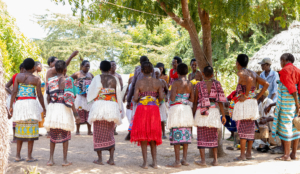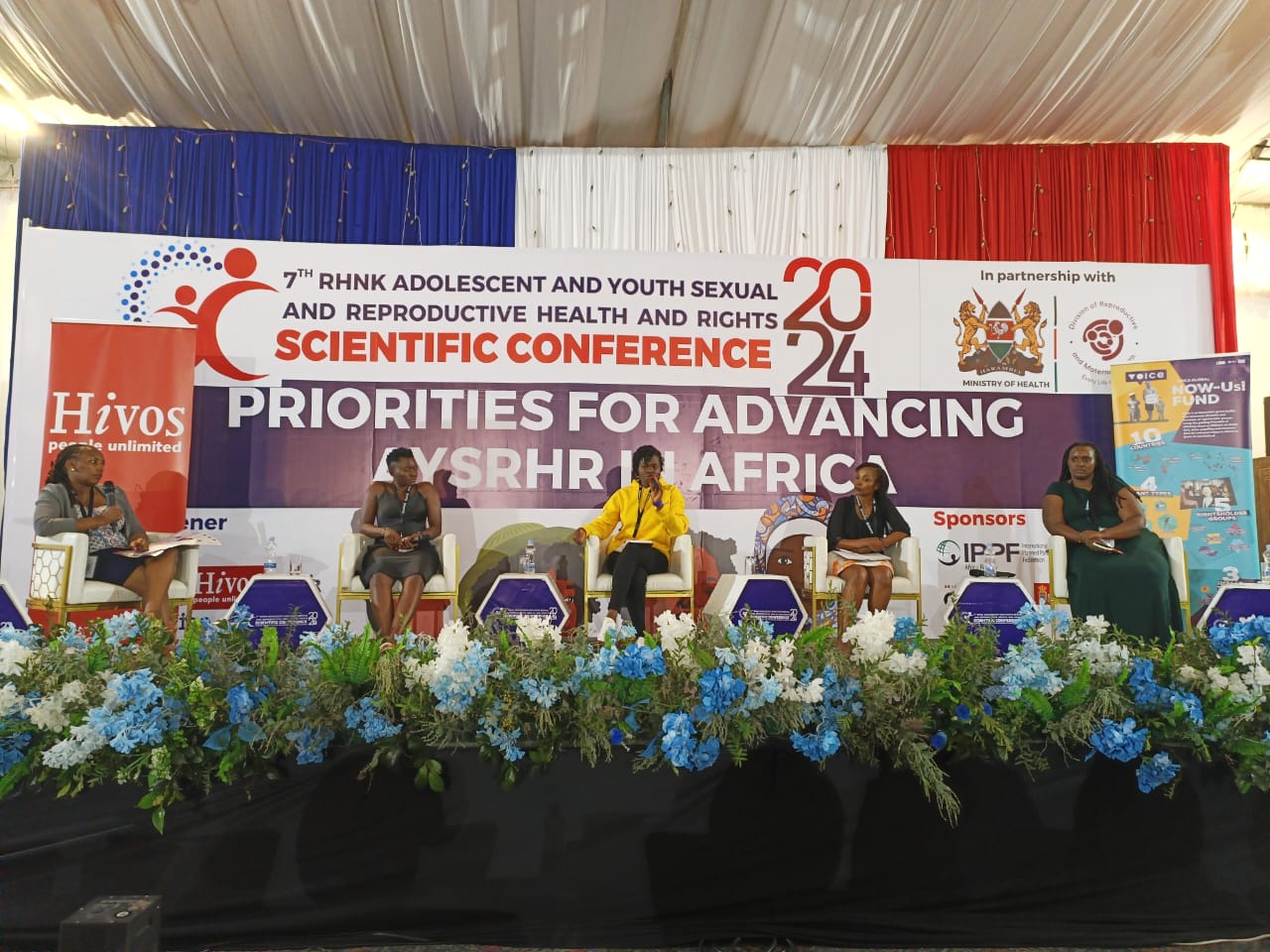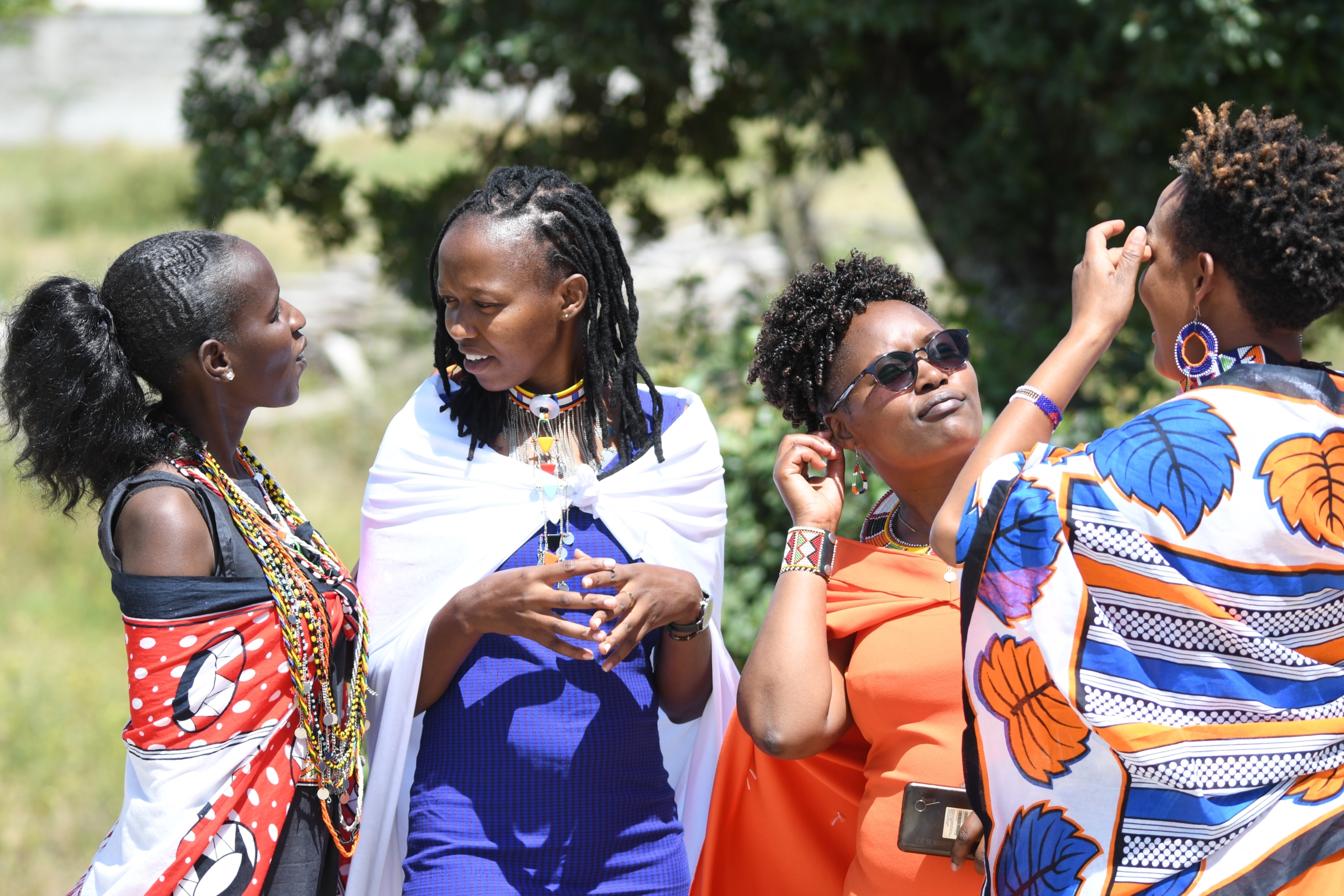Shadow over Kilifi: Elderly and witchcraft accusations
by Stan Kiraga, Co-Founder, Malindi District Cultural Association (MADCA)
Kilifi County, Kenya, is grappling with a disturbing trend – the brutal killings of elderly people accused of witchcraft. This article delves into this complex issue and explores the causes, impacts and ongoing efforts.
This mind jarring report is but a drop in the ocean when compared to the actual situation. According to some inconclusive data collected by in 2012, an average of 390 elders are killed on an annual basis. MADCA’s recent efforts to collect data have been mainly unsuccessful because some of the cases are either undocumented or because government duty bearers are unwilling to provide the actual numbers. However, the extrajudicial killing of elders in Kilifi county is ever more crucial – contrary to the prevailing reports by the government and print media.

Beyond witchcraft: Unveiling the true motive
While it is assumed that accusations of witchcraft fuel these attacks, there is underlying social and economic factors, such as poverty and unemployment, historical land injustices, land disputes, superstition (which permeates all), poor infrastructure, careless driving, climate change, and the defunct Witchcraft Act (Cap 67 of Kenya) which was enacted in 1926 by the colonial government, are often key drivers.
Greedy family members may target elders managing family land, eliminate them, and fabricate witchcraft accusations to mask their true motives. Someone may contract HIV/AIDS or die from a road accident and an elder or elders may be murdered supposedly because they caused the death through supernatural powers. Another may be accused of controlling the rains, thereby causing long standing drought; and so on and so forth.
Impact on the Community
These killings not only shatter families but also sow fear and distrust within communities. Elders, traditionally revered for their wisdom and guidance, are now viewed with suspicion. Because the social fabric has been weakened, the very foundation of Kilifi’s society is compromised.
Witchcraft and the law
The defunct Witchcraft Act (Cap 67) of Kenya, though no longer directly enforceable, plays a complex and somewhat paradoxical role in the elderly killings in Kilifi County.
Do the accusations hold any validity? While the Act aims to regulate witchcraft and its adverse impacts on society, the current legislation prohibits various actions such as pretense, claiming knowledge of witchcraft, possessing charms, making accusations, attempting to investigate witchcraft crimes, and more. This may give the impression that witchcraft is not a genuine phenomenon. However, the concept of witchcraft and the word exists in all languages worldwide and is recognized as a belief/faith-based phenomenon. The fear associated with its practice still leads to numerous deaths in African societies, often influenced by colonial laws originally designed to protect colonial government interests.Top of Form
Outdated and Out of Touch: The Act, dating back to 1925, doesn’t reflect the realities of Kenyan society. It fails to address the social and economic factors that fuel these killings like poverty leading land grabbing. This law was made to protect the colonial master at the time and not the general Kenyan population.
Overall Impact of the witchcraft law
The defunct Act doesn’t directly cause the killings. However, its historical presence and limited scope contribute to an environment where accusations of witchcraft (whether true or false) do not hold weight and in retrospect the accused becomes the culprit directly (without being given the opportunity to prove him/herself either right or wrong). The law does not have the capacity to either investigate or try witchcraft crimes.

Current Efforts:
The need to repeal the Witchcraft Act is recognised. The Kenya Law Reform Commission is advocating for its revision to align with the 2010 Kenyan Constitution, which protects freedom of belief. Also, Kenyan authorities are taking steps to address this issue through increased police presence and enabling stricter enforcement of laws aimed at reducing witchcraft accusations.
“A more nuanced approach is required. While repealing the Witchcraft Act is a significant step forward, it’s not a complete solution. Addressing poverty, historical land injustices, and land disputes, and promoting cultural understanding i.e., understanding why certain cultural practices were robust against time, are crucial aspects of addressing the root causes of these crimes, “ – Stan Kiraga, Co-Founder, MADCA
The killings of elderly people in Kilifi County considerably stain Kenya’s human rights record. Eradicating this practice requires a multi-pronged approach that addresses both the immediate security concerns and the underlying social and economic factors. Only through a collaborative effort involving law enforcement, community leaders and civil society organisations can Kilifi ensure a safe and secure environment for all its citizens, especially its most vulnerable.
Watch the documentary by Tribeless Youth below:








